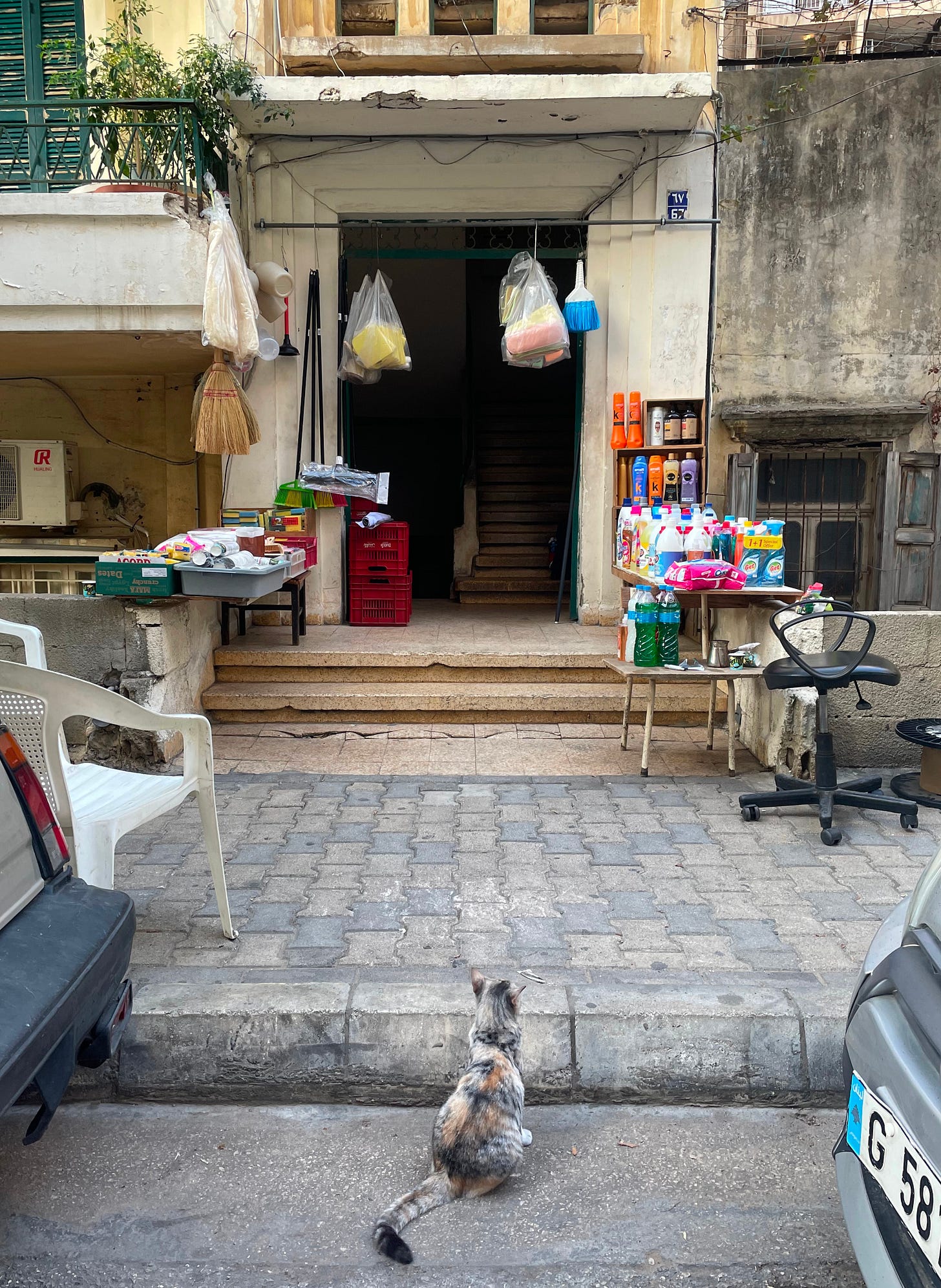November 2025: is this Noah's July?
But it only flooded for one day
These last few years in Beirut have made me afraid to be excited about possibility and opportunity. It’s not because of the country’s instability or evil neighbor - at least not directly - but more about how so many promising projects have crumbled since I opted out of the conventional employment route. I’ve…




